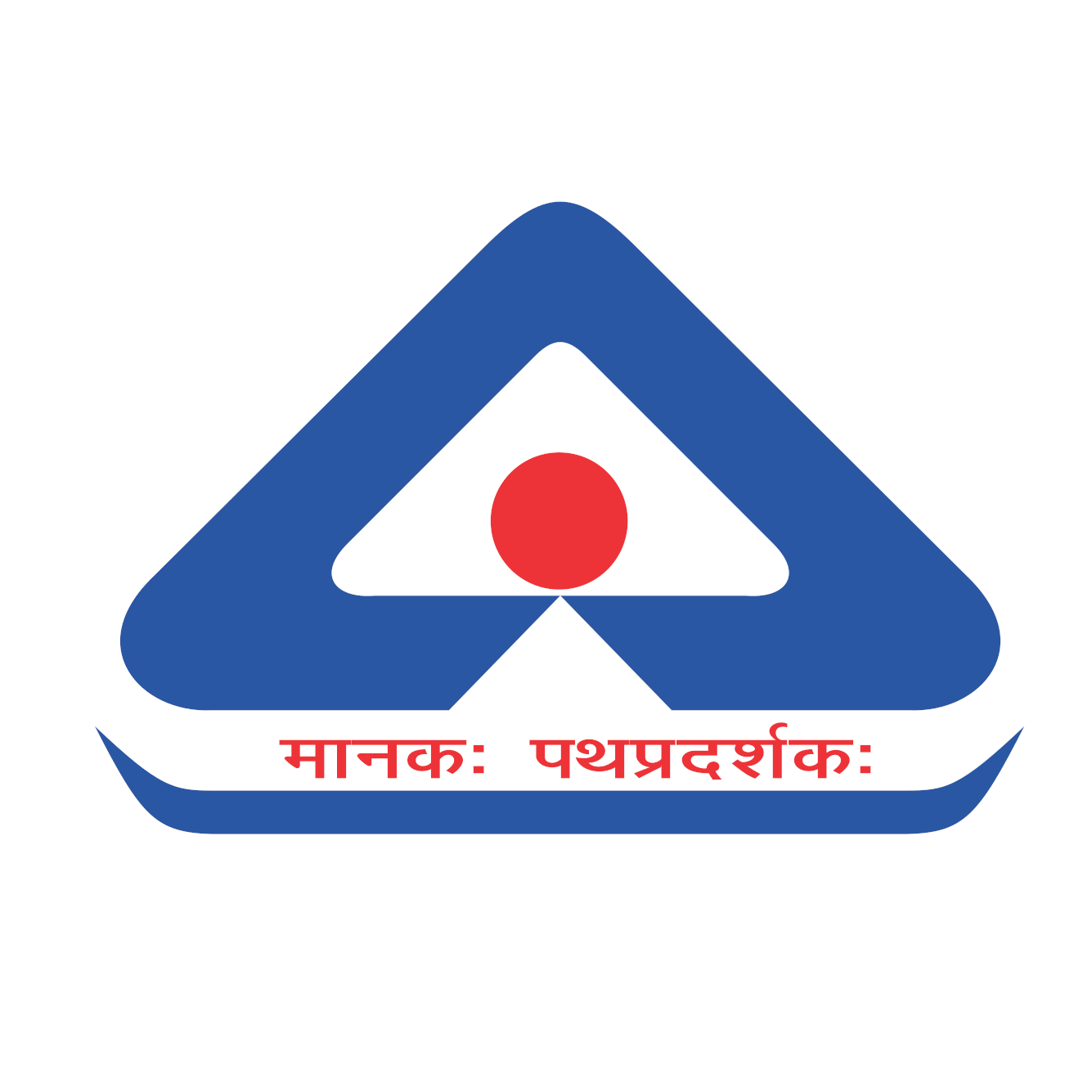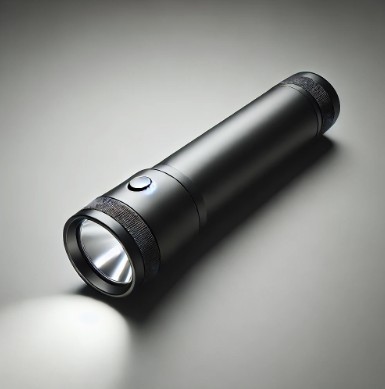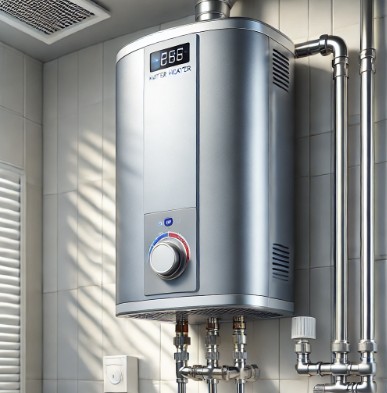Indian automakers must build ethanol vehicles
30. September 2021The Indian central government has long advocated the use of ethanol in road transport as an environmentally friendly alternative to fossil fuels. Previously, Nitin Gadkari, the minister responsible for transport and highways, had urged car manufacturers to introduce so-called “flex fuel” engines. The government will soon present corresponding guidelines and laws, the minister said. There is a determination to follow the example of Brazil, where the “flex fuel” concept allows drivers to decide whether to fill up with gasoline or ethanol, Gadkari said at an event. The technology, he said, is fully developed and available, and the switch to bio-ethanol vehicles an easy one. Within six months, the ministry will publish the relevant legislation. Growth in demand for relevant vehicles, as hoped for by the automotive industry, could lead to rising production figures. Accordingly, imports of parts and components that are partly subject to AIS approval would also increase.
The availability of ethanol will be ensured by opening new gas stations and expanding existing pumps. The price of a liter of bio-ethanol will be around 65 Indian rupees (€0.75), according to the ministry. As part of the rollout, 450 additional bio-ethanol production facilities are expected to be established. Current annual capacity is 4.65 million liters, with another 10 million liters to follow, to be blended with gasoline. The domestic oil and fuel industry is ready to sign 10-year contracts to process ethanol, he said. India also plans to introduce E20 fuel at all service stations nationwide by 2023. The ultimate goal of running on pure ethanol (E100) can only be realized after flex-fuel vehicles are introduced. In addition to reduced dependence on the global oil market and a better environmental footprint, ethanol will also be cheaper for drivers. Currently, 1 liter of gasoline in India costs an average of 100 Indian Rupees (€1.16) compared to the government capped price of 1 liter of ethanol at only 65 Indian Rupees (€0.75).
Vehicles with flexfuel engines are already available and widely used in countries such as the U.S., Canada and Brazil. Many of the car brands also have production facilities in India and are already exporting such vehicles to Brazil and Argentina. One of the most successful models is considered to be the Ford EcoSport, which is manufactured in India and exported to South America with a modified engine. The Renault Kwid, Jeep Compass and Volkswagen T-Cross (known as Taigun in India) are also available as FlexFuel vehicles in the South American car market. To be adapted as a FlexFuel engine, previous combustion engines generally only need to be fitted with special seals and an adapted engine control unit (ECU). Although the actual introduction of FlexFuel vehicles should not be a problem for Indian automakers from the government side, a bottleneck is expected in the registration or release of the vehicles. Currently, automakers are already experiencing delays in the homologation of their vehicles due to the introduction of the new CAFE2 (fleet fuel economy) and RDE (real driving emissions) emission standards.
Cars and their components must be certified in India according to AIS guidelines. AIS stands for Automotive Industry Standards, the technical automotive standards for India. MPR International GmbH – India Certification will gladly support you with AIS certification and is also available to answer any questions you may have.
AIS stands for Automotive Industry Standards, the technical automotive standards for India, while TAC stands for Type Approval Certificate. This kind of automotive product certifiation is conducted by authorities like the International Center for Automotive Technology (iCAT).
Depending on the product category, there are different certification steps. We will be happy to advise you on certification in India like AIS, BIS, WPC, TEC or PESO and are always available to answer your questions.
Please do not hesitate to contact us for further details and consultation. You can contact us via e-mail, or call us (UK: +44 2071931135, Rest of Europe: +49 69 2713769261, US: +1 773 654-2673).
If you have any questions you can also use our chat-window in the bottom right. (Please check your browser settings if you can’t see the window)
You can also check out our free AIS-Brochure, which can be downloaded right here as a PDF file.









